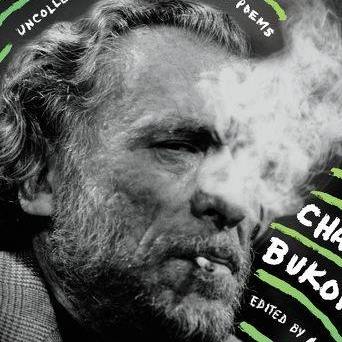Charles Bukowski was a writer who lived like a raw nerve exposed to the world. Born in 1920 in Germany and raised in Los Angeles, he became one of the most distinctive voices in American literature. Bukowski didn’t write about heroes or glamorous lives. He wrote about the streets, the bars, the broken souls, and the restless hearts that society often prefers to ignore.
His style was simple yet brutally honest. Through poetry, short stories, and novels, Bukowski captured a life filled with chaos, drinking, gambling, poverty, and relentless resilience. Characters like Henry Chinaski, often considered a reflection of himself, showed the ugly beauty of being human: the failures, the loneliness, the boredom, but also the stubborn will to keep going.
What made Bukowski unique was his ability to transform everyday misery into something meaningful. He didn’t romanticize suffering, but he recognized the strange poetry hidden in it. His words are like a slap and a hug at the same time, reminding us that life can be cruel yet still worth fighting for.
Critics sometimes judged him harshly for his explicit themes and harsh language, but his readers saw truth in his lines. Bukowski became a symbol of the outsider, the man who refuses to pretend. He believed in writing with blood, not with fancy words meant to impress.
Today, Charles Bukowski remains a cult figure. His work continues to inspire those who seek authenticity in a world full of masks. He taught us that even the darkest nights hold a spark of humor and that survival itself can be a form of art.


